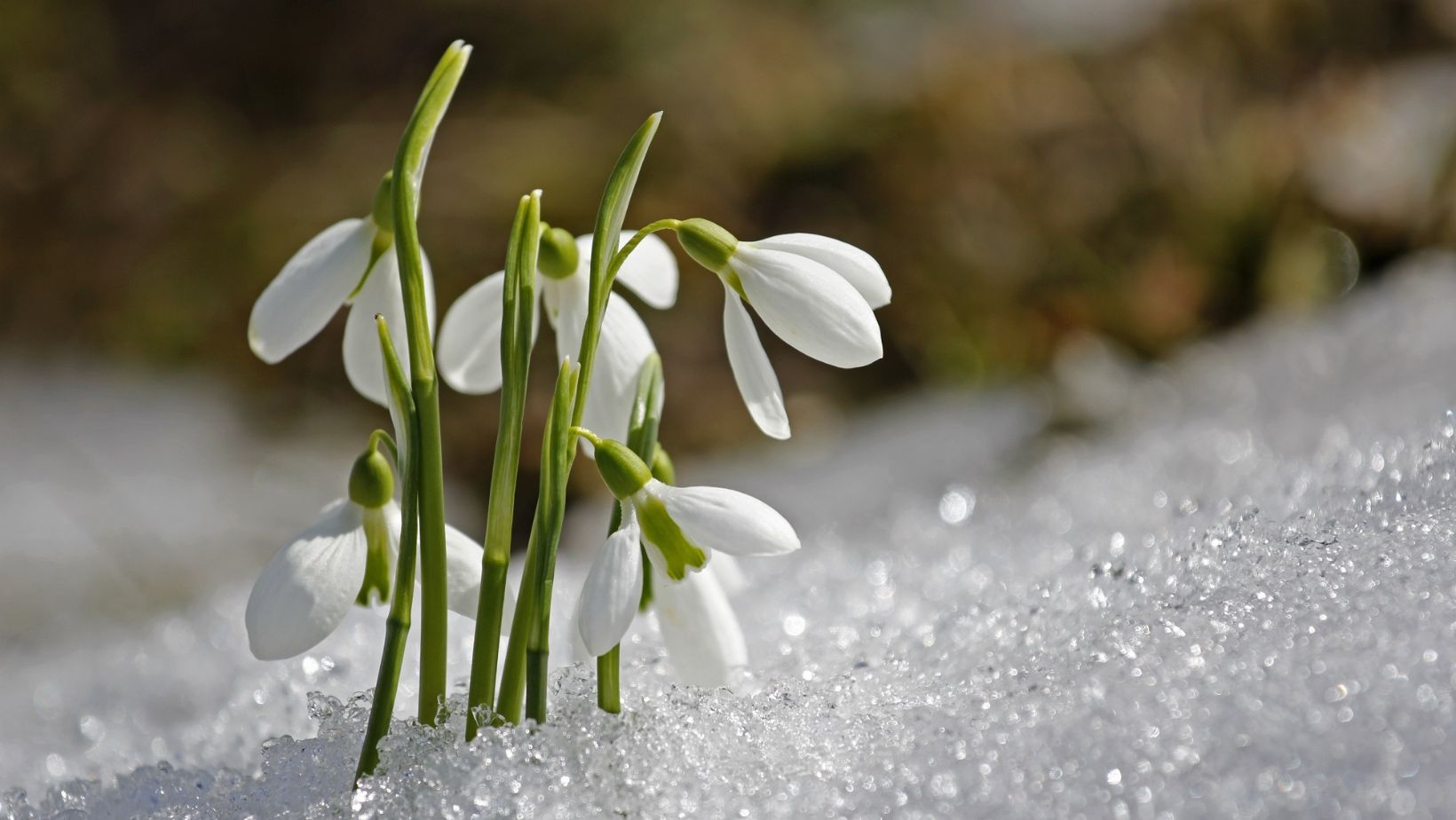Today is the last day of Winter. For many, this is welcome news. In fact, for some, Winter itself is the cause of what mental health professionals now call Seasonal Affective Disorder, or SAD.
The disorder was first formally set forth in 1984 by Norman Rosenthal, who later wrote a book about it in 1993 titled Winter Blues. The theory is that the cold, the lack of light, and less physical activity in winter all can cause someone to have (and to be) SAD. And doctors often prescribe light therapy, medication, ionized-air, and cognitive-behavioral therapy to fix it.
Now, I don’t want to make light of depression or of people’s mood struggles—but the world today seems awfully ready to diagnose and prescribe a cure for just about everything—even the seasons. It has not always been this way.
Genesis 8:22 reminds us that, after the flood, God promised Noah, “While the earth remains, seedtime and harvest, cold and heat, summer and winter, day and night, shall not cease.” The seasons, including Winter, are part of the good gift of Creation—not something to be medicated or therapied away.
I’m as ready for Spring as anybody, but perhaps instead of saying “good riddance” to Winter for making us SAD, we might say “thank you” for it, and be glad. After all, as the Psalmist observes, even the last day of Winter “is [a] day that the Lord has made; let us rejoice and be glad in it.”
Have a wonderful day.


